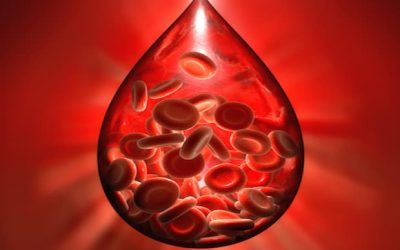US-based contract research organisation (CRO) Quintiles Transnational has formed a joint venture with medical equipment, products and services supplier Thermo Fisher Scientific to capitalise on an expected growth surge in the market for Interactive Response Technology (IRT) in clinical trials.
The 50:50 joint venture, named Cenduit to denote a channel through which information can move directly and freely, will offer biotechnology and pharmaceutical companies a seamless, integrated ‘one-stop’ IRT service to support their clinical development programmes. It draws on existing experience with IRT in both companies, from both the clinical supply-chain (Thermo Fisher) and the clinical development (Quintiles) perspective.
“Our efficiency and experience in IRT services and clinical project management offers the drug development industry a conduit to the broadest, most accurate, real-time view of every detail in the process – and a very competitive solution,” said Jogin Desai, former executive director, Quintiles Cardiac Safety Services, and now chief executive officer of Cenduit.
IRT technology
IRT is a technology platform that integrates patient interaction systems through a combination of Interactive Voice Response (IVR) systems, web interfaces and handheld electronic patient diaries. One example of how Quintiles has been using the technology in clinical trials is for patient randomisation, explained media relations spokesman Dick Jones.
In this case, a clinical investigator screens and enrols the patient, who is then given a phone number to dial for assignment to (for example) either the active drug or placebo. The automated system ensures both that the right medication goes to the right patient in the right place, and that patient and investigator alike are blinded to the randomisation process.
Using electronic patient diaries in a clinical study enables patients to relay, either by telephone or through a website, their experiences “almost in real time,” Jones noted. The benefits of IRT in terms of efficiency, time-saving and maintaining trial integrity are particularly applicable to emerging trends in clinical development such as adaptive studies, where trial parameters such as dose selection, treatment duration or sample size are open to adjustment in the light of emerging safety or efficacy data, he pointed out.
IVR in 30% of trials
According to Quintiles, IVR systems are already used in some 30% of all Phase II-III clinical trials and this percentage is expanding fast. “With advances in technology leading to even broader application through IRT, we believe the market will grow at a rate of about 20% per year,” Desai commented.
Both Quintiles and Thermo Fisher have contributed staff and office space already involved in IRT services to the Cenduit joint venture. Thermo Fisher brings to the table its Fiscer Clinical Services IRT operations in three locations: Horsham, UK; Allentown, US; and Basel, Switzerland. Quintiles has committed IRT operations in Bangalore, India, and in Research Triangle Park, North Carolina, US, where Cenduit has its headquarters. Financial backing for the venture was not disclosed.
With the forecast growth in the IRT market, staffing at Cenduit is expected to grow from around 150 employees now to about 180 by the end of the year.








